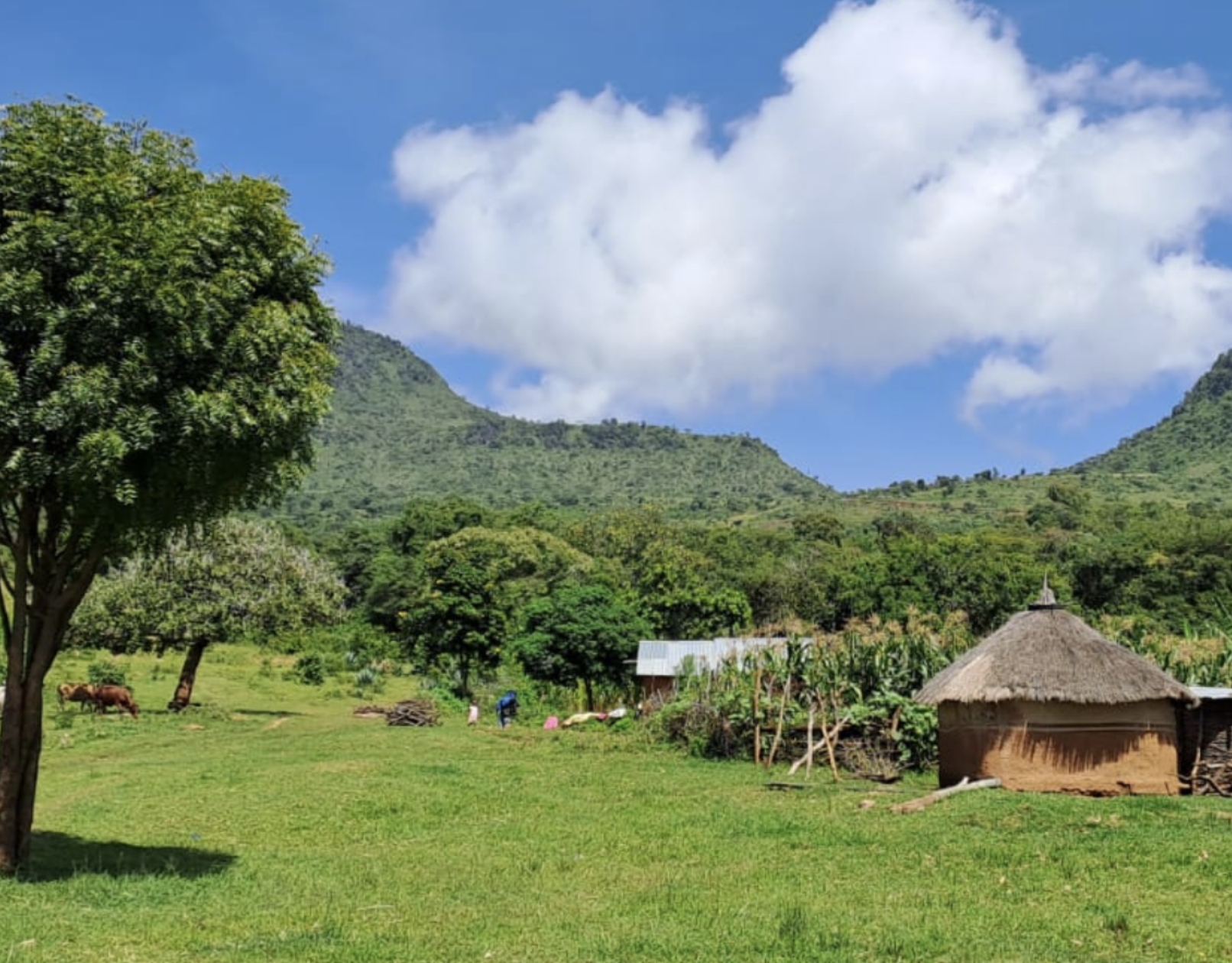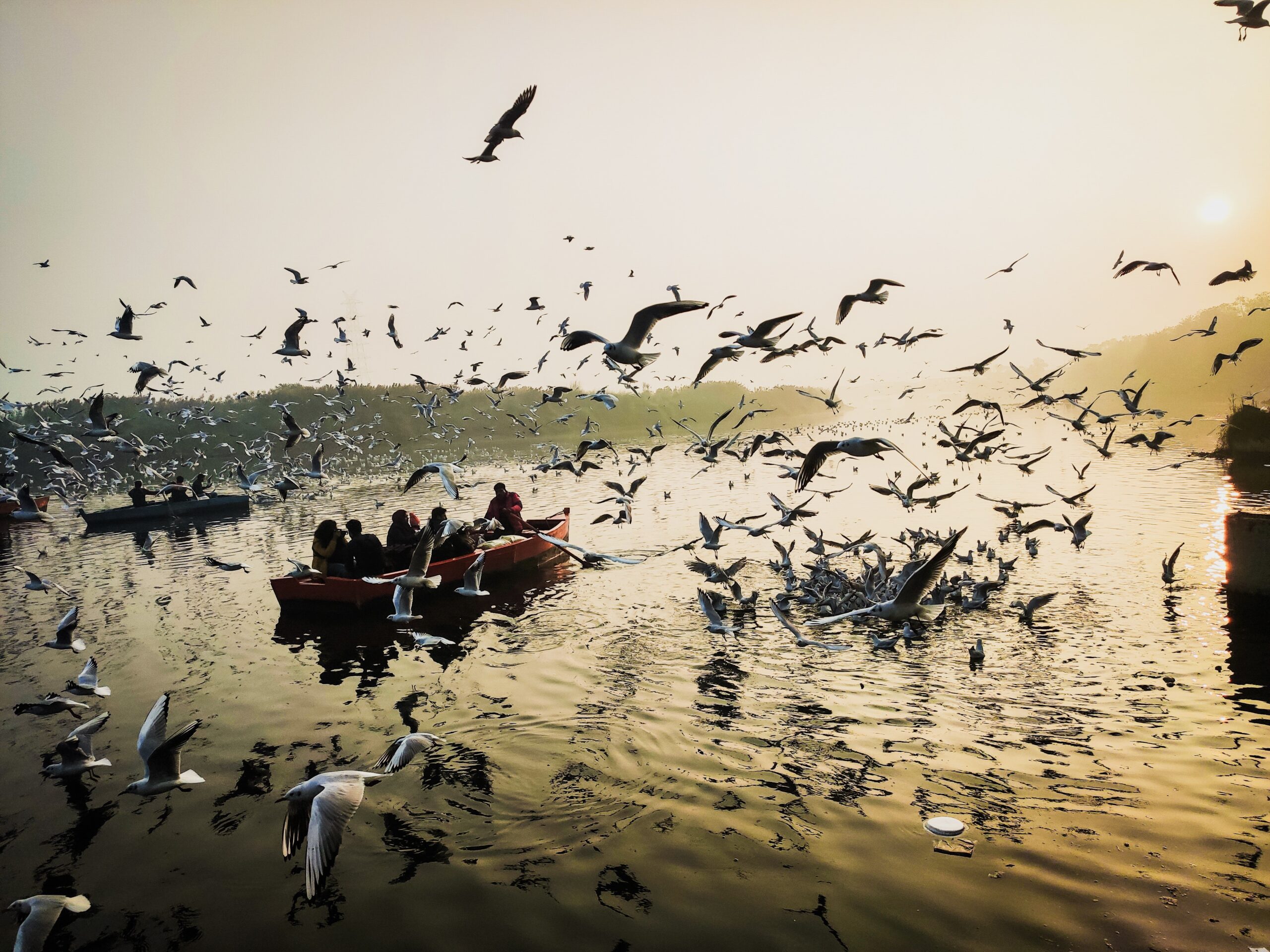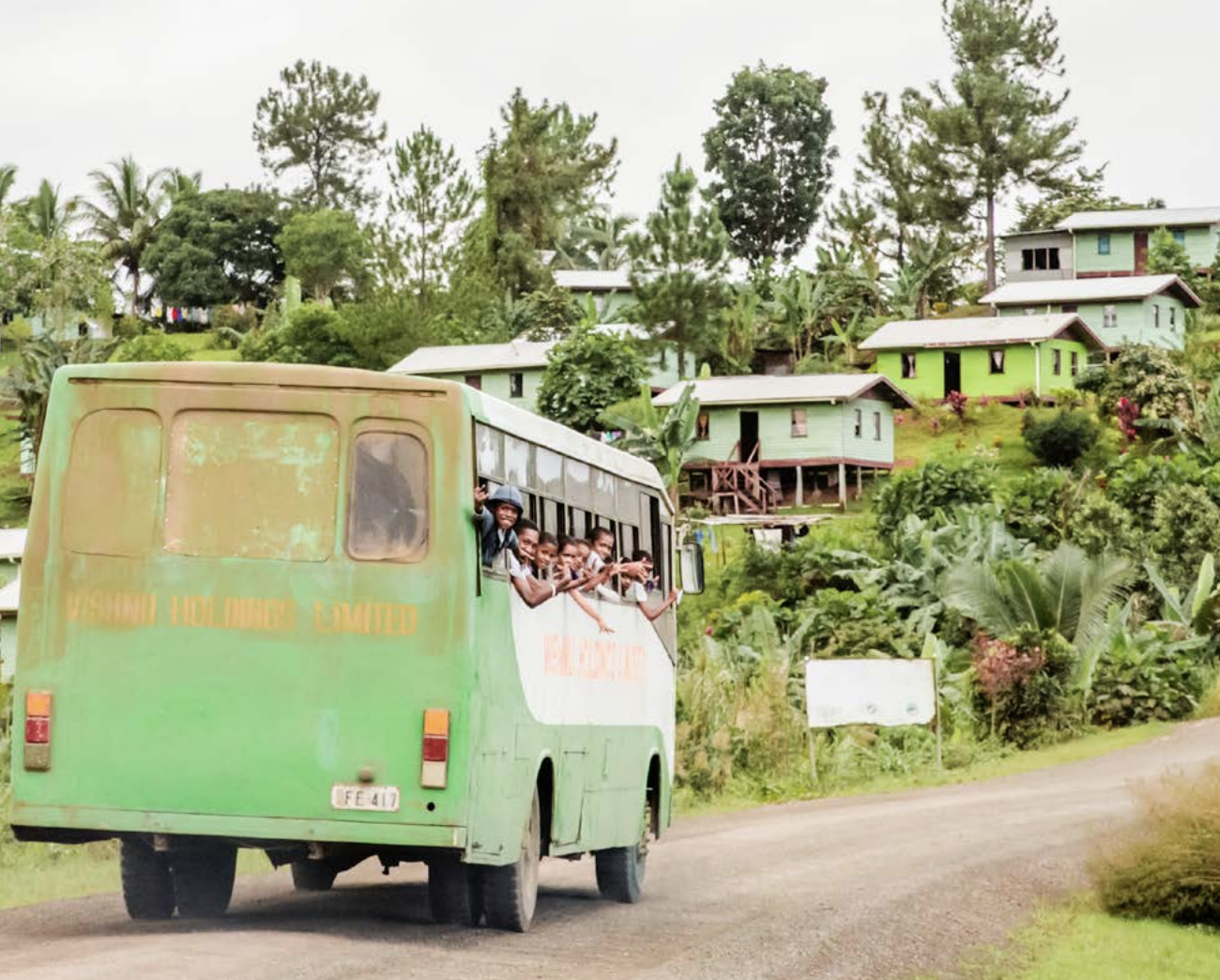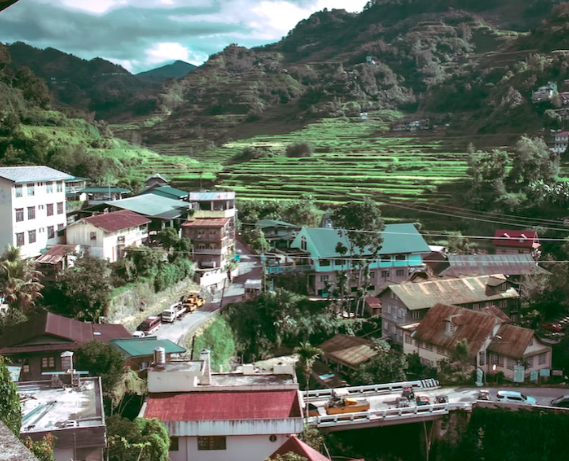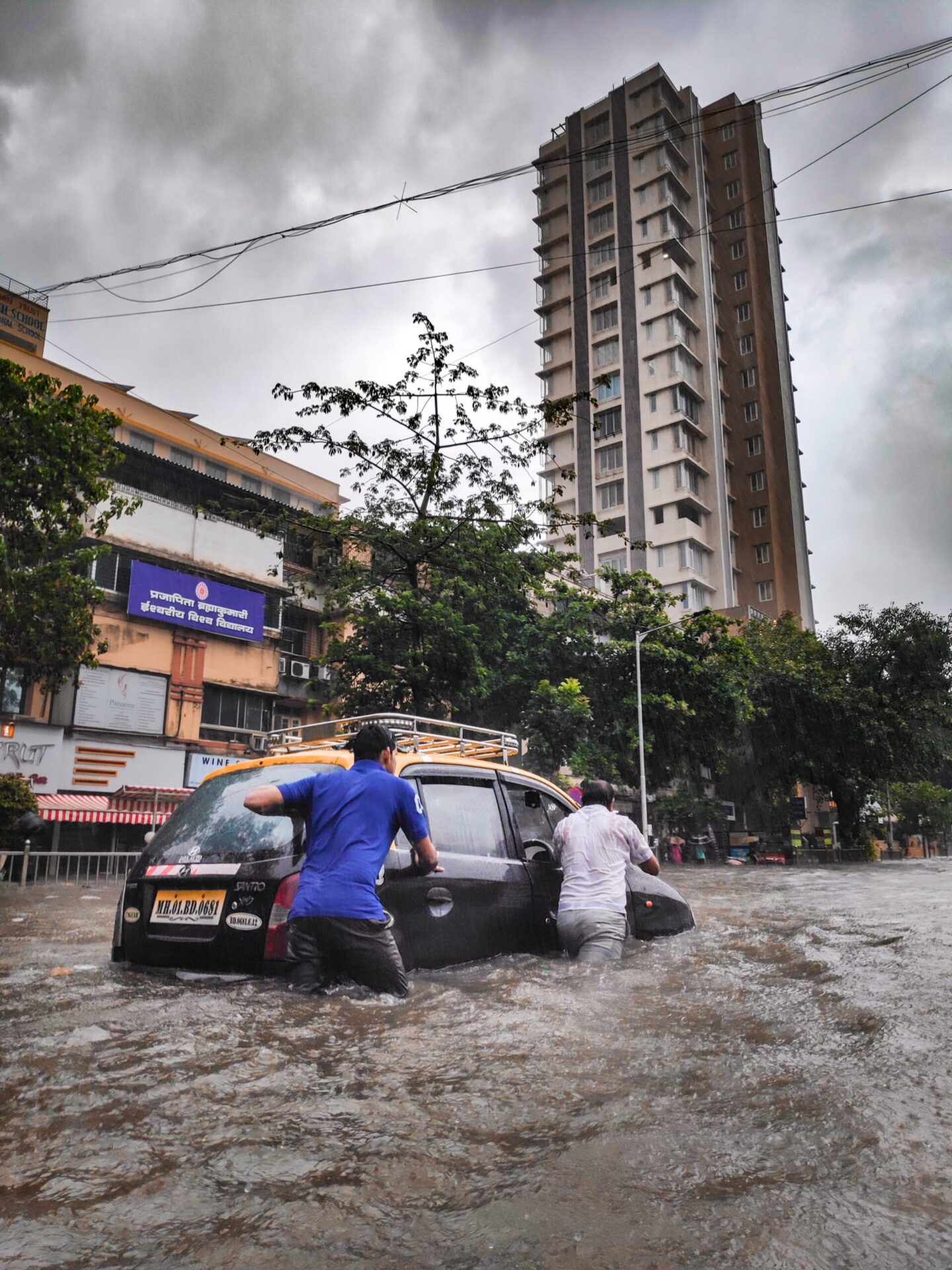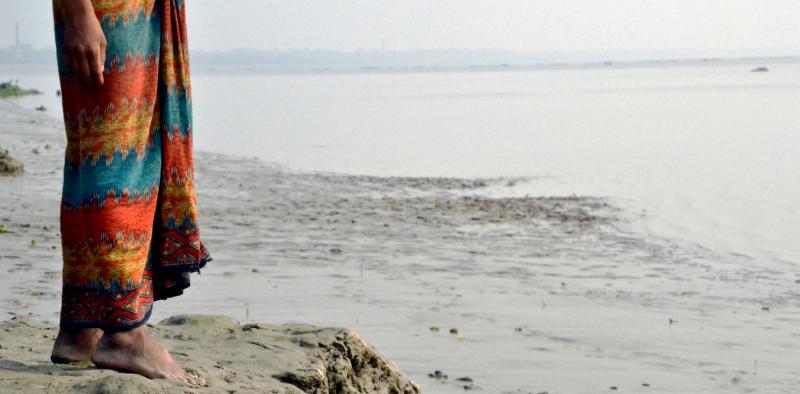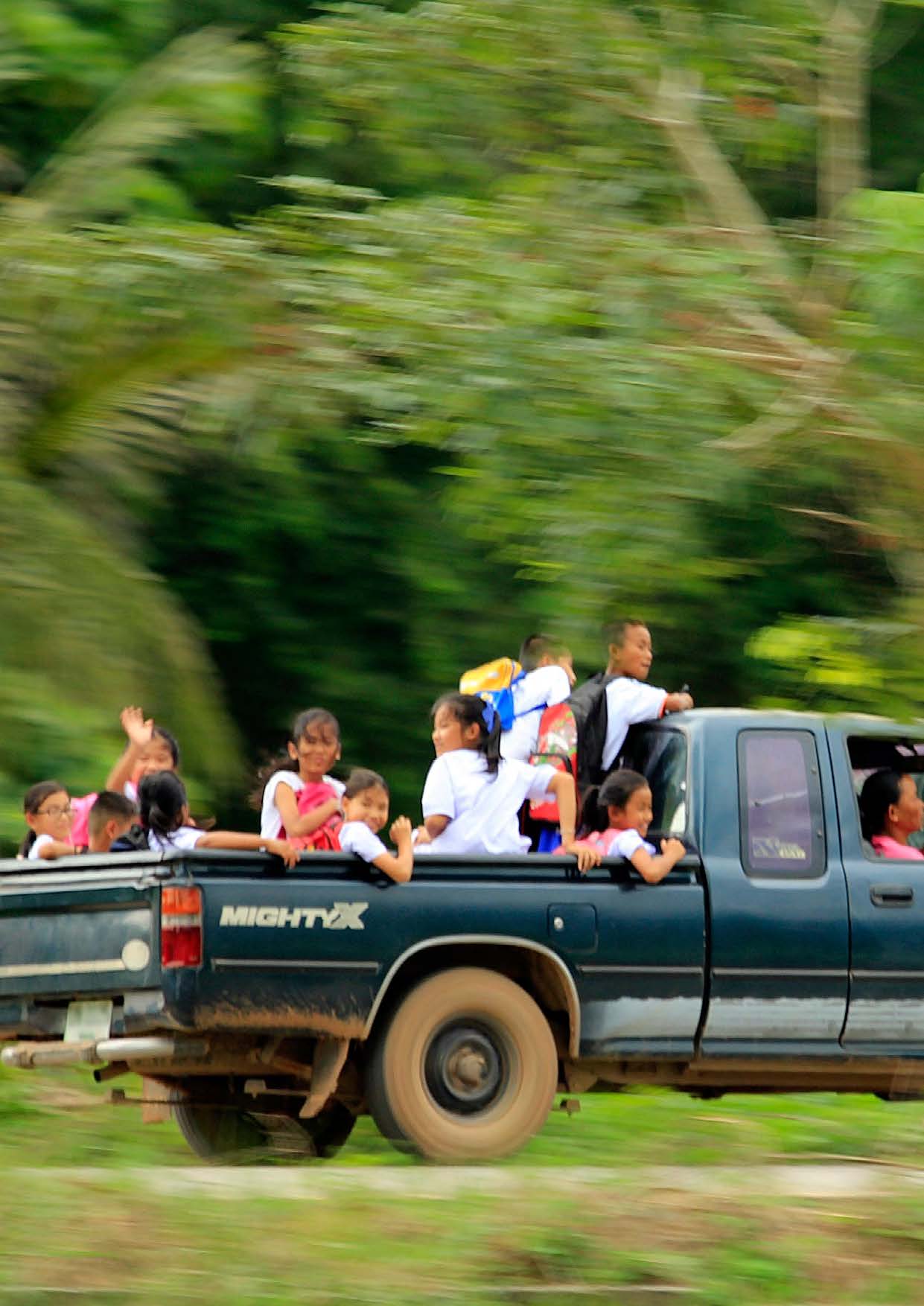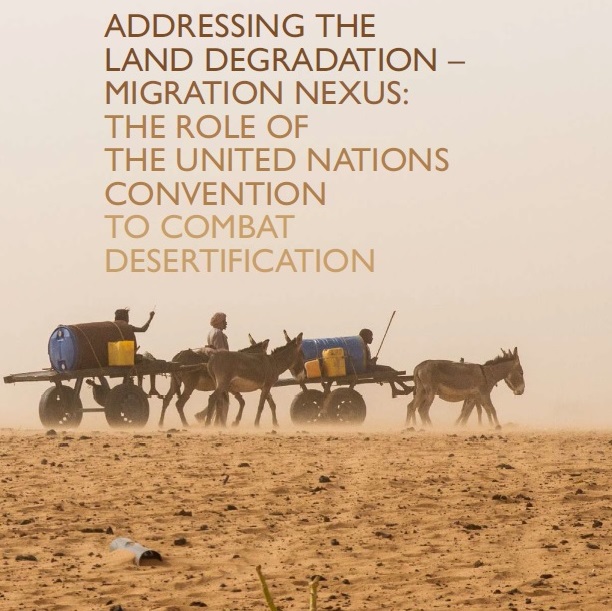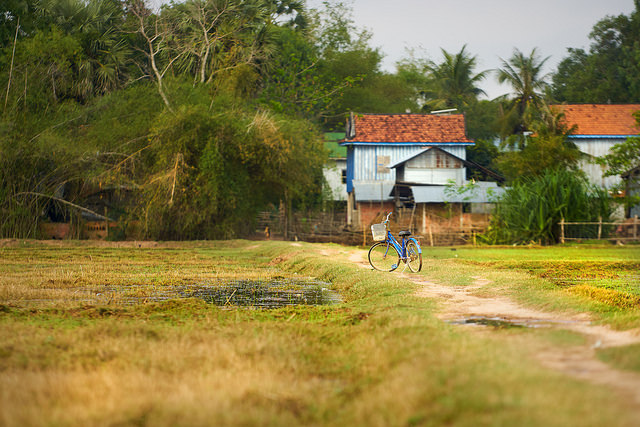Theme
Human Mobility
This theme explores the forced and voluntary forms of human mobility in the context of climate change, including related protection needs and adaptation options.

Conflict, Migration and Land Regeneration; A Tale of Kanyerus
Can degraded land naturally regenerate after a conflict-induced human migration? Learn about the experience from Kanyerus Village in West Pokot, Kenya.
A combined cognitive and spatial model to map and understand climate-induced migration
What is the relationship between climate change impacts and migration? The SEI team analyzes this connection developing a spatial multi-criteria model that establish people’s motivations to migrate, including climate change factors.
The Landscape of Financing Options to Address Human Mobility in the Context of Climate Change
Learn about the importance of different finance sources and instruments in alleviating the adverse impacts of climate change induced human mobility in developing countries. This study explores 10 financial tools and instruments in-depth and presents recommendations for different target groups.
Island Stories: Mapping the (Im)mobility Trends of Slow Onset Environmental Processes in Three Island Groups of the Philippines
Discover how slow onset environmental processes, such as long-term soil and water degradation, are contributing to peoples' migration patterns and wellbeing in the Philippines, and suggestions on how this can be accounted for in climate change policy frameworks.
The Big Climate Movement
Three experts and eight climate activists dissect the complex interactions between migration and climate change in this 12-episode video series.
Migration, environment and climate change: Responding via climate change adaptation policy
This paper provides policymakers working in climate change adaptation policy with entry points for integrating responses to migration into their work.
A Review of Estimating Population Exposure to Sea-level Rise and the Relevance for Migration
This review analyses global or near-global estimates of population exposure to sea-level rise and related hazards and examines subsequent estimates of population migration due to this exposure.
Migration for Adaptation: A Guidebook for Integrating Migration and Translocality into Community-Based Adaptation
This guide makes the case for integrating aspects of migration in community development.
Addressing the Land Degradation –Migration Nexus: the Role of the United Nations Convention to Combat Desertification
A review of existing evidence, good practices, and policy recommendations on the complex interrelationships between migration and desertification, land degradation and drought.
When is migration a maladaptive response to climate change?
This study presents analyses of climate, food security, migration, and impacts from 218 households in three locations in North-western Cambodia, the most climate vulnerable nation in SE Asia.
